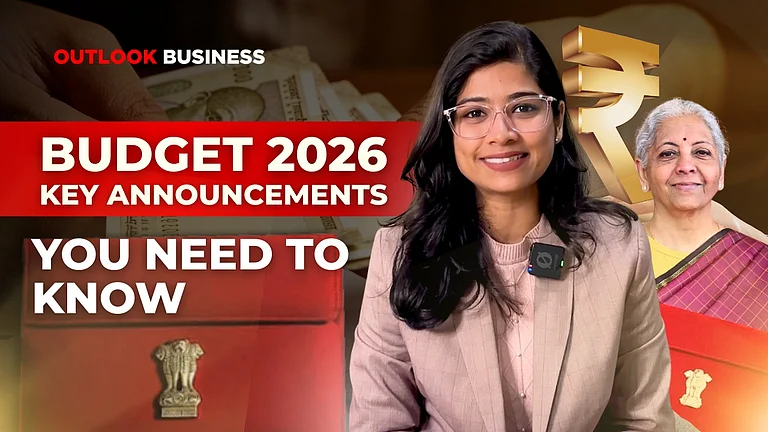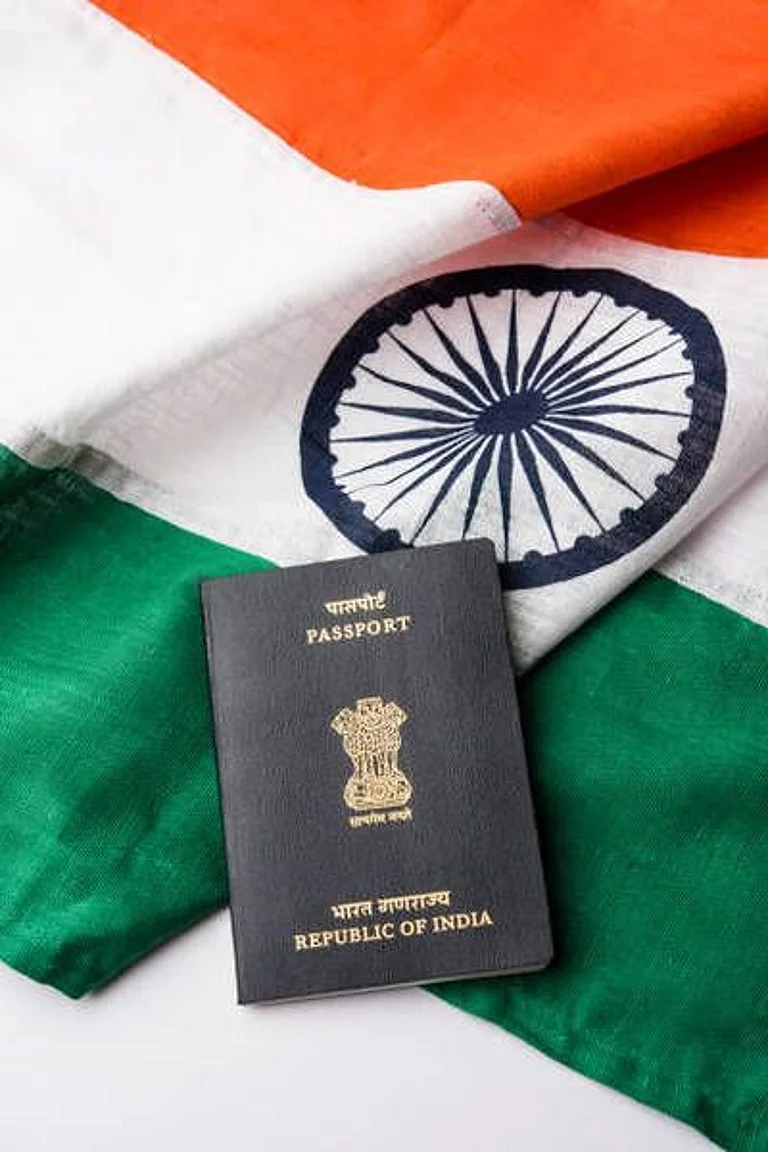The ‘One Big Beautiful Bill’ signed by President Donald Trump on July 3 dealt another blow to Indian students in the US, allocating nearly $170 billion to Immigration and Customs Enforcement (ICE) to expand its hardline deportation operations.
This enables enforcement agencies to extend their reach into local communities and actively pursue visa overstays. For Indian graduates on Optional Practical Training (OPT) – a temporary work permit given to some foreign graduates of US universities– even small delays in finding work or overstaying by just one day, could now lead to deportation of students.
Additionally, the law introduces a 1% remittance tax on money sent to India, which hurts students who already struggle to support their families.
“Even a small tax can affect low-income students — every dollar counts when supporting tuition or families back home,” Adarsh Khandelwal, cofounder of Collegify told ET.
The tax will apply to foreign remittances made by H-1B or green card holders and F-1 student visa holders using cash-like methods (cash, money orders, cashier’s checks). For instance, a student transferring $1,000 to India will be subjected to a $10 tax.
According to ET, foreign students who pay full fee without scholarships will be exempt from the tax, which takes effect on transfers made after January 1, 2026.
Indian Students Rethink US Plans
According to ET, education consultants in Hyderabad estimated up to a 70‑80% decline due to a freeze in US visa appointments and increase in rejection rates. According to Reuters, institutions in Japan, Hong Kong and China are offering tuition waivers and travel support to attract those hesitant to apply to the US colleges.
Amid restrictive visa hurdles, countries like Canada and Australia and parts of Europe have positioned themselves as “welcoming alternatives” to India’s students.
At the same time, the White House is taking steps to reduce the number of immigrant workers, including through stricter Optional Practical Training (OPT).
Economists warn that eliminating OPT could cause permanent losses to US innovation, productivity, economic growth and job opportunities for both less-educated native workers and more educated native workers. They believe that better student support is now critical to regaining competitiveness in the global education market.


































